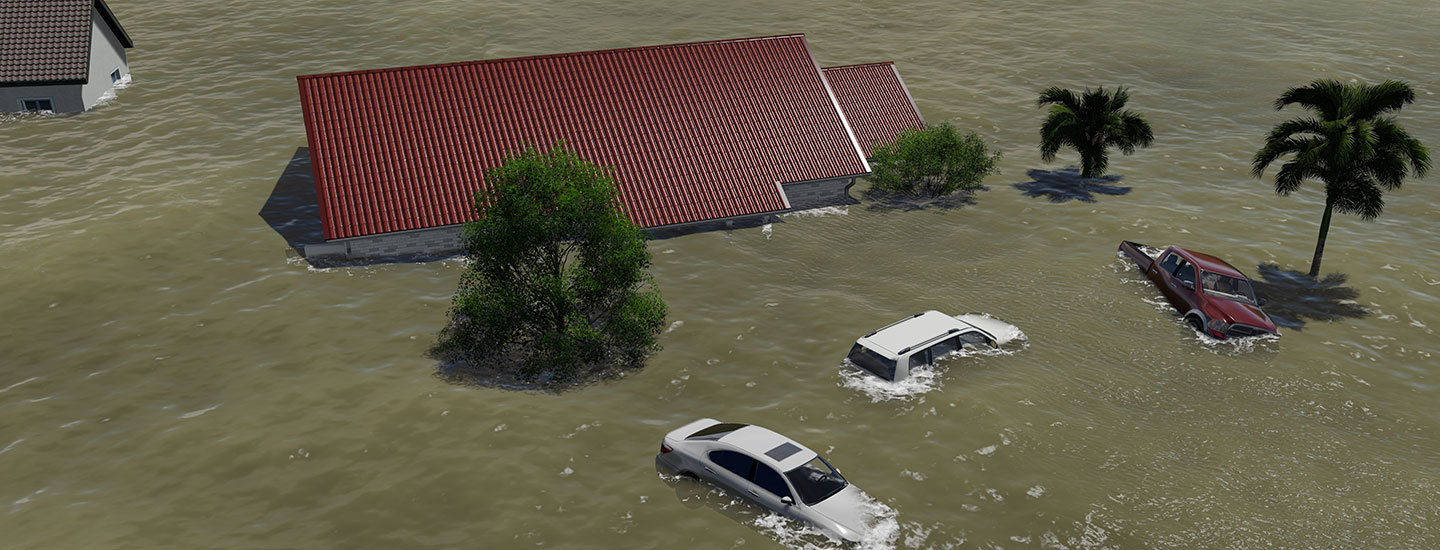
11.02.22
Missing the Mark: Report Reveals Most Coastal States Lack Critical Laws and Policies
By Stefanie SekichThe Surfrider Foundation's 6th annual State of the Beach Report launch coincides with the 50th anniversary of the Coastal Zone Management Act (CZMA). Congress passed the law in 1972, and for decades, this bedrock law has helped Great Lake, Gulf and coastal states to manage shorelines around the country. The goal of the law is to “preserve, protect, develop, and where possible, to restore or enhance the resources of the nation’s coastal zone.”
Through CZMA programs, states have created management plans and policies to protect coastal resources. These plans and policies inspired Surfrider to launch our State of the Beach Report, which grades states on how they manage their coastlines and are planning for sea level rise. Over the years, we have seen some states improve. However, once again, this year’s report found 67% of coastal states assessed are performing at adequate to poor levels. The State of the Beach Report grades 30 U.S. coastal and Great Lakes states, in addition to Puerto Rico, on policies to protect our nation’s beaches from coastal erosion, sea level rise and poorly planned development.
KEY FINDINGS
Surfrider’s report finds that eleven states earned either a grade of ‘A’ or ‘B’ based on relevant criteria and are doing a ‘good or better’ job of protecting beaches. Out of 30 states, and the territory of Puerto Rico, that were assessed, 22 earned a grade of ‘C’ or less and are doing an ‘adequate to poor’ job. These states tend to have less stringent policies regarding development in hazardous coastal zones, ineffective or nonexistent prohibitions on coastal armoring, poor sediment management and a lack of sea level rise policies.
The highest-scoring states had strong policies regarding coastal building setbacks, restrictions on coastal armoring, limiting development and redevelopment in harm’s way, and advancing progressive sea level rise policies that encourage local governments to incorporate climate adaptation measures into land use plans.
Surfrider’s 2022 State of the Beach Report reveals that only one state improved its grade this year. Florida increased from a ‘D’ to a ‘C-’ because the state passed legislation to establish a Statewide Flooding and Sea Level Rise Resilience Office that will set up a grant program to help communities develop and update comprehensive vulnerability. In addition, the state governor added $500 Million to his budget to require the Florida Flood Hub for Applied Research and Innovation to provide tidal and storm surge flooding data to counties and municipalities for aspects such as vulnerability assessments.
While two other states improved policies, those efforts were not sufficient enough to change their grades. For example, New Jersey is working to improve its sediment management plan and South Carolina is increasing efforts to assist communities with sea level rise planning. While the efforts are encouraging, both states need to improve development standards.
Despite the increasing impacts of climate change, positive advancements on climate action were made in the U.S. this year, ranging from the federal level to small townships. Nationally, both the Biden administration and Congress have made progress to uphold climate policies that were rolled back during the previous administration.
For example, two important bills were passed at the federal level, including the bipartisan infrastructure bill and the Inflation Reduction Act. Both pieces of legislation will provide much-needed funding to communities for coastal resilience and to help build resilient infrastructure that withstand the impacts of climate change and extreme weather. In addition, another important piece of legislation, the Ocean-Based Climate Solutions Act, is still in Congress and it aims to leverage the ocean in the fight against climate change. This bill will improve ocean protection, conserve and restore blue carbon ecosystem conservation, promote responsible renewable offshore energy and help communities to adapt to sea level rise.
As demonstrated by the assessments and recommendations provided by Surfrider’s State of the Beach Report, it is critical that local, state and federal governments work to improve coastal management and proactively plan for sea level rise. Surfrider is confident that with proper coastal management, such as updating land use plans, banning development in hazard areas, protecting natural sand sources, and using nature-based solutions, we can help to slow some climate change impacts and protect our coastlines for current and future generations.
